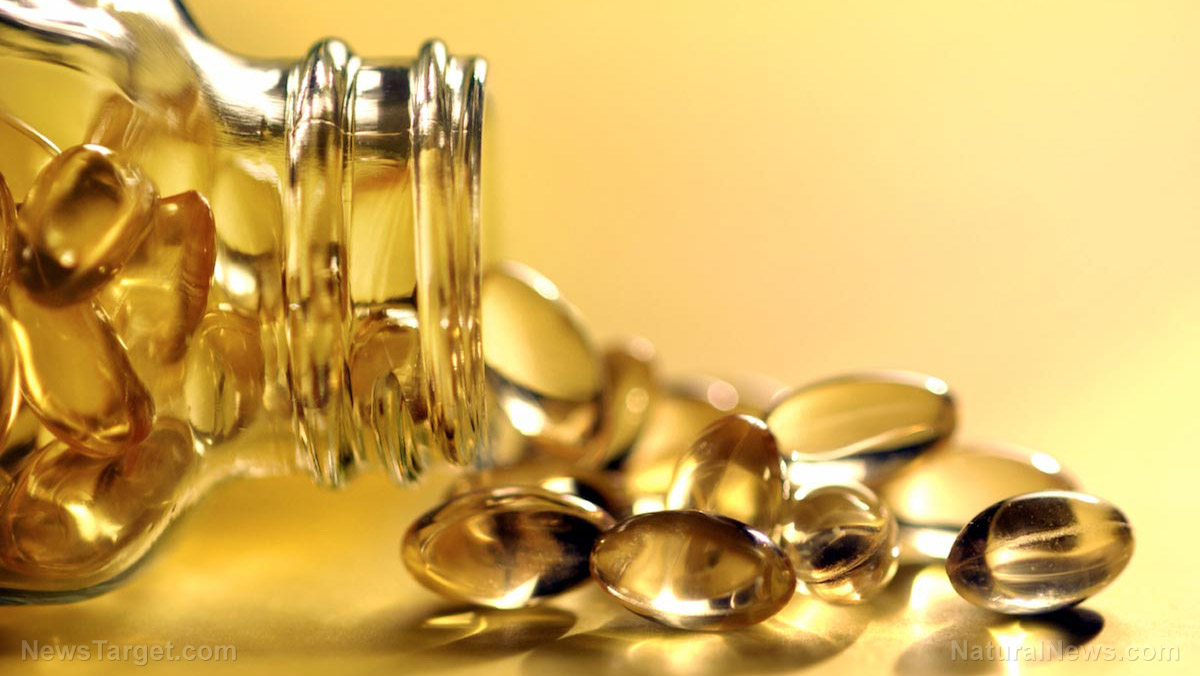The danger that is sugar: How this food item increases your risk for depression and anxiety
09/15/2018 / By RJ Jhonson

You probably crave sweets once in a while and for good reason – a preference for sweets is a survival mechanism that protects humans from ingesting toxic foods. Sweet foods are also a common comfort food that instantly makes you feel better when they’re stressed or lonely. However, your sweet tooth is exposing you to more danger than you thought possible – apart from the inevitable weight gain, there is a strong link between a diet that is high in sugar and conditions like depression, anxiety, and stress. To understand why, you have to know how sugar affects how your brain behaves.
How sugar affects your brain
White sugar, or pure white crystalline sucrose, commonly extracted from sugar cane or sugar beets, contains no nutritional value and acts more like a drug than a food. This means that it is possible to get addicted to sugar. You may even experience nasty withdrawal symptoms when you consume sugar in much smaller quantities than you are accustomed to.
Sucrose has two components – glucose and fructose – that are structurally very similar, but behave differently inside the body and may affect your mood. Glucose is the brain’s main energy source and is essential to life. It is a simple sugar molecule, a building block of complex carbohydrates that are plant-based, such as whole grains, legumes, and vegetables, to name a few. It circulates in your blood and provides energy to all of your cells, particularly brain cells, which always uses up a lot of energy. The brain is in constant need of glucose because it cannot store energy. It literally runs on glucose most of the time.
The problem with added sucrose
If glucose is found in complex carbohydrates, fructose is found in fruit and sweet vegetables such as carrots, beets, and yams. Only liver cells can process fructose, unlike glucose which is metabolized by every cell in the body for energy. Fructose that is naturally occurring in fruits and vegetables is not a problem, as it can easily be handled by your body.
The problem is added fructose that comes from concentrated sweeteners, such as refined sugars and high-fructose corn syrup. A diet that is high in added fructose raises blood sugar levels. Elevated blood sugar levels can lead to heart and liver diseases, as well as kidney complications. It also increases the risk of obesity and Type 2 diabetes and contributes to chronic inflammation, which causes a wide range of psychiatric disorders.
While consuming sweets when you’re down or stressed can make you feel better temporarily, the fact is that sugar actually feeds depression. Numerous studies have proven that there is a highly significant correlation between sugar consumption and depression rate, including that of the Women’s Health Initiative Dietary Modification Trial. The study followed the diet of over 49,000 women over eight years, and findings state that sugar and processed grains increase the risk of depression, while a diet that is high in fruits and vegetables can help decrease the risk.
Here’s how sugar causes depression:
- It increases brain inflammation.
- It causes a serotonin crash.
- It suppresses brain-derived neurotrophic factor, a natural antidepressant.
Another surprising finding of the study is that following a low-fat diet does not have health benefits nor does it lower the participants’ risks for heart disease or cancer. A low-fat diet does not aid in weight loss either. This means two things – that sugar and refined carbohydrates are the main culprits in most diseases, including obesity and depression, and that healthy fats are critical in maintaining a healthy weight, as well as optimum brain health and function.
The next time you’re feeling blue, you can do yourself a favor by staying away from cake and candy. Instead, you can engage in activities like running, listening to music, or meditating.
Get the lowdown on sugar and other sweeteners at Sweeteners.news.
Sources include:
Tagged Under: Anxiety, blood sugar, brain health, complex carbohydrates, depression, fructose, glucose, high-fructose corn syrup, obesity, refined carbohydrates, refined sugar, sucrose, sugar, sugar addiction, sweeteners, sweets, Type 2 Diabetes, white sugar




















